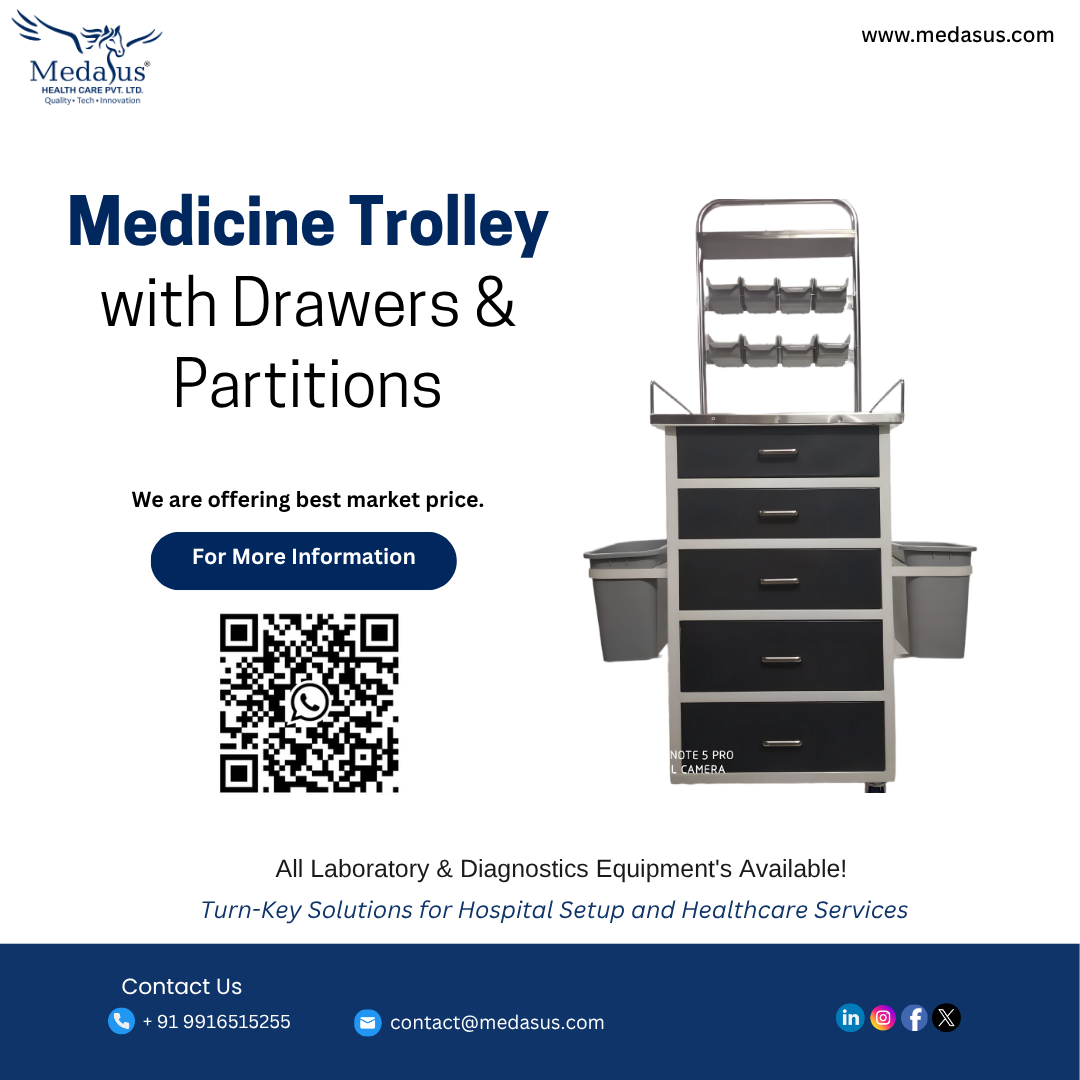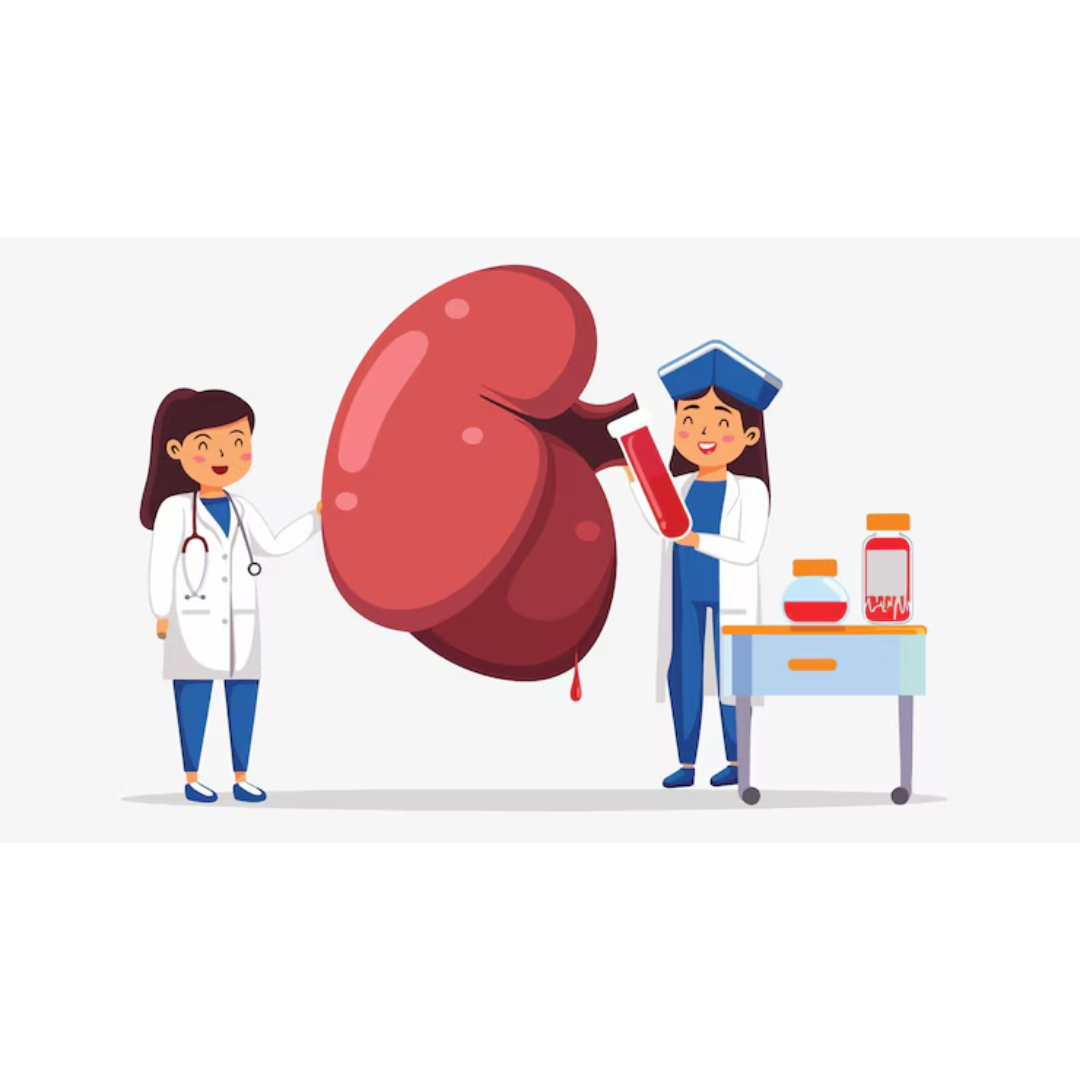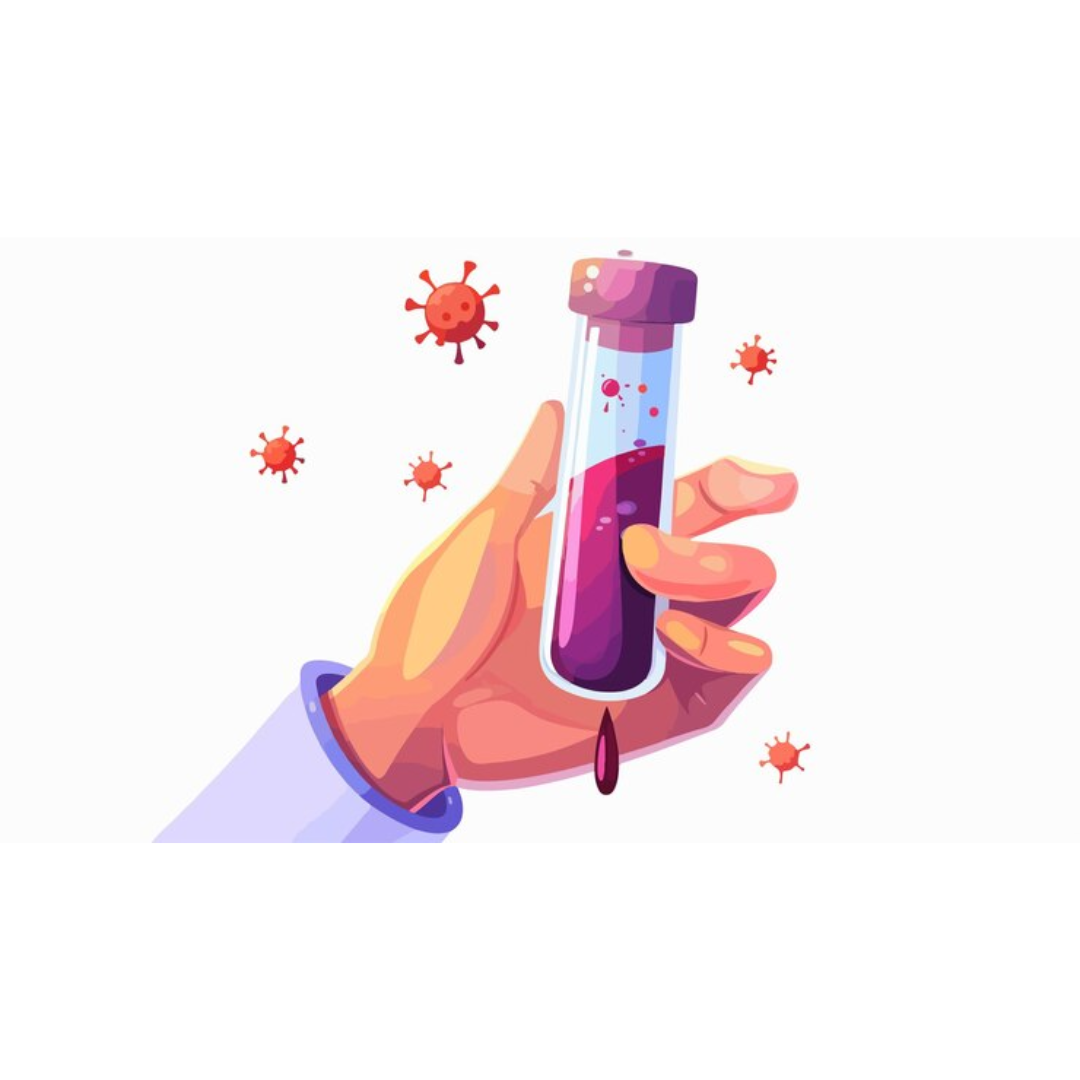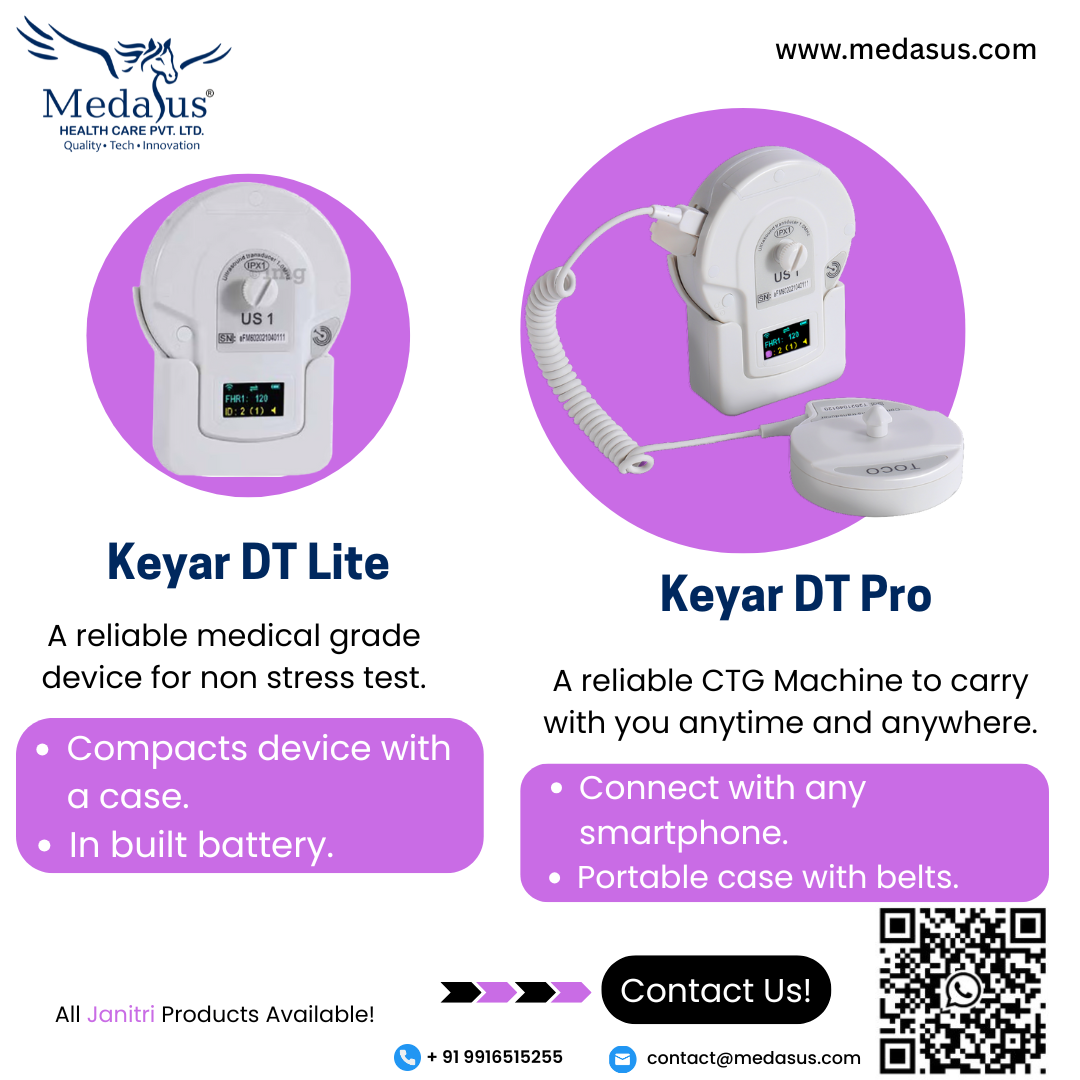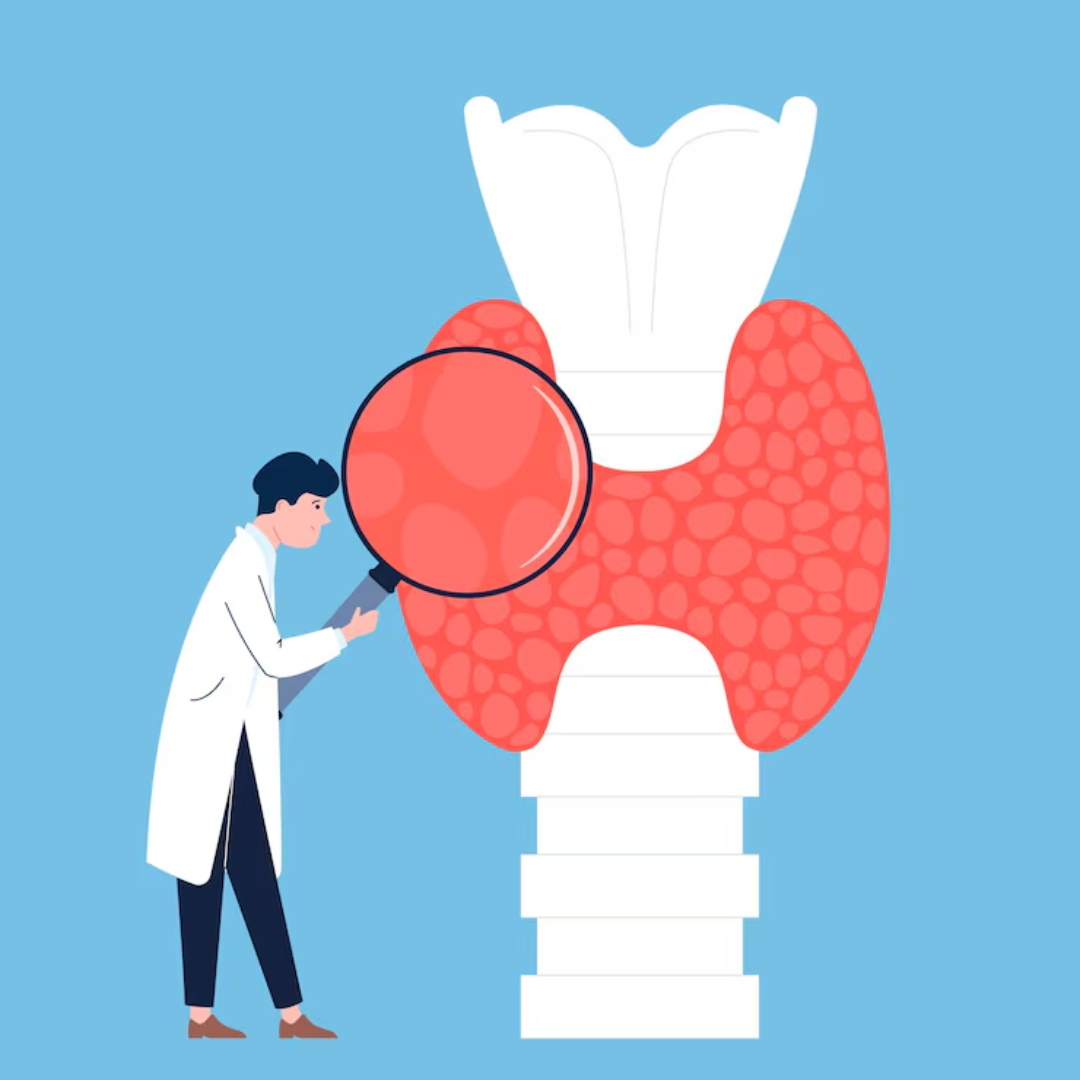🧡 Healing Through Everyday Habits – For Cancer Patients
Cancer is not just a physical battle – it’s emotional, nutritional, and spiritual.
While doctors handle the medical part, here are a few comforting habits patients and caregivers can practice at home:
🛌 Rest, Not Just Sleep
Take slow days without guilt.
Listen to your body and honour fatigue – it's your body healing.
🍲 Nourishment, Not Just Calories
Focus on soft, warm meals: khichdi, boiled vegetables, daal water.
Add turmeric, cumin, ajwain – traditional Indian spices that reduce gut inflammation.
🫂 Connection Over Isolation
Regular conversations with family, friends, or cancer support groups can uplift mood and reduce fear.
Laughter truly can be medicine.
🌱 Ayurvedic Support (with doctor approval)
Triphala for mild constipation
Ashwagandha or Brahmi for energy and anxiety
Turmeric milk at night (if no kidney/liver complications)
🧘 The Power of Breath
Anulom-Vilom (alternate nostril breathing)
Bhramari (humming breath) for calming nerves
Practiced just 5 minutes daily, these can improve sleep and reduce chemo stress.
📿 Spiritual Grounding
Be it chanting, prayer, music, or quiet journaling, anchoring oneself emotionally brings clarity.
Cancer is not just a physical battle – it’s emotional, nutritional, and spiritual.
While doctors handle the medical part, here are a few comforting habits patients and caregivers can practice at home:
🛌 Rest, Not Just Sleep
Take slow days without guilt.
Listen to your body and honour fatigue – it's your body healing.
🍲 Nourishment, Not Just Calories
Focus on soft, warm meals: khichdi, boiled vegetables, daal water.
Add turmeric, cumin, ajwain – traditional Indian spices that reduce gut inflammation.
🫂 Connection Over Isolation
Regular conversations with family, friends, or cancer support groups can uplift mood and reduce fear.
Laughter truly can be medicine.
🌱 Ayurvedic Support (with doctor approval)
Triphala for mild constipation
Ashwagandha or Brahmi for energy and anxiety
Turmeric milk at night (if no kidney/liver complications)
🧘 The Power of Breath
Anulom-Vilom (alternate nostril breathing)
Bhramari (humming breath) for calming nerves
Practiced just 5 minutes daily, these can improve sleep and reduce chemo stress.
📿 Spiritual Grounding
Be it chanting, prayer, music, or quiet journaling, anchoring oneself emotionally brings clarity.
🧡 Healing Through Everyday Habits – For Cancer Patients
Cancer is not just a physical battle – it’s emotional, nutritional, and spiritual.
While doctors handle the medical part, here are a few comforting habits patients and caregivers can practice at home:
🛌 Rest, Not Just Sleep
Take slow days without guilt.
Listen to your body and honour fatigue – it's your body healing.
🍲 Nourishment, Not Just Calories
Focus on soft, warm meals: khichdi, boiled vegetables, daal water.
Add turmeric, cumin, ajwain – traditional Indian spices that reduce gut inflammation.
🫂 Connection Over Isolation
Regular conversations with family, friends, or cancer support groups can uplift mood and reduce fear.
Laughter truly can be medicine.
🌱 Ayurvedic Support (with doctor approval)
Triphala for mild constipation
Ashwagandha or Brahmi for energy and anxiety
Turmeric milk at night (if no kidney/liver complications)
🧘 The Power of Breath
Anulom-Vilom (alternate nostril breathing)
Bhramari (humming breath) for calming nerves
Practiced just 5 minutes daily, these can improve sleep and reduce chemo stress.
📿 Spiritual Grounding
Be it chanting, prayer, music, or quiet journaling, anchoring oneself emotionally brings clarity.






